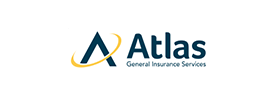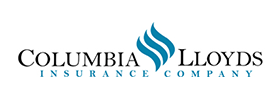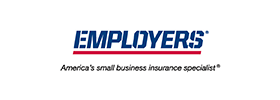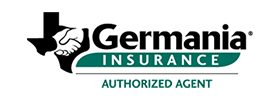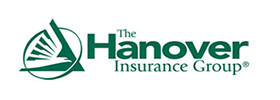Umbrella insurance from Ellis Insurance Agency is a type of extra liability coverage that can provide additional protection when your existing auto or home insurance policies here in the San Antonio, TX area don’t cover the full extent of a liability claim.
When does umbrella insurance kick in?
It can kick in when the amount you are liable for exceeds the limits of your existing insurance policies, protecting you from potential financial ruin.
It’s important to remember that umbrella insurance does not replace any other policies you may have. It’s designed to supplement and extend the limits of your existing auto, home, and other liability policies, helping you protect yourself from claims that exceed those limits.
When it comes to knowing when umbrella insurance kicks in, there isn’t a single answer since it depends on various factors such as the policy limits of your existing coverage and claims made against you. Generally speaking, if there is a claim made against you resulting in damages greater than what your existing policies cover, umbrella insurance will cover any remaining costs up to its limit.
Umbrella insurance can be an essential layer of additional protection for those who need more coverage than their existing policy provides. However, it’s important to speak with an experienced and licensed insurance agent who can help you determine what type and how much umbrella coverage is right for you.
Reach Out To Us
For more information or to find a policy that is right for you, give us at Ellis Insurance Agency a call today. We are proud to serve the San Antonio, TX area and would be happy to help you find a policy that meets both your needs and your budget. So call us today!







